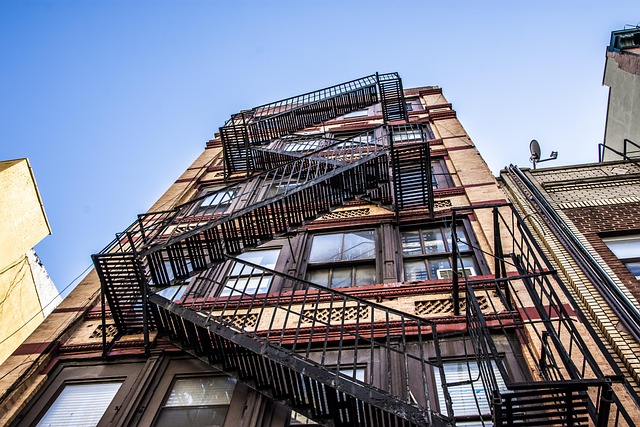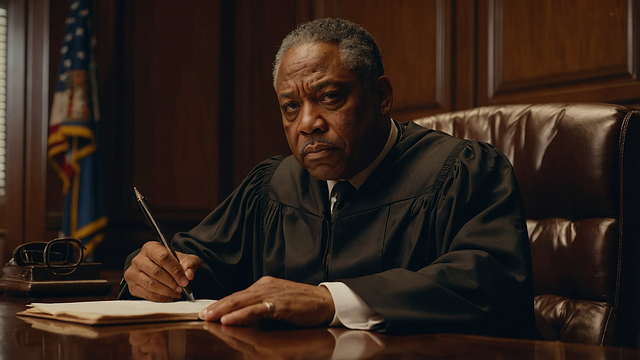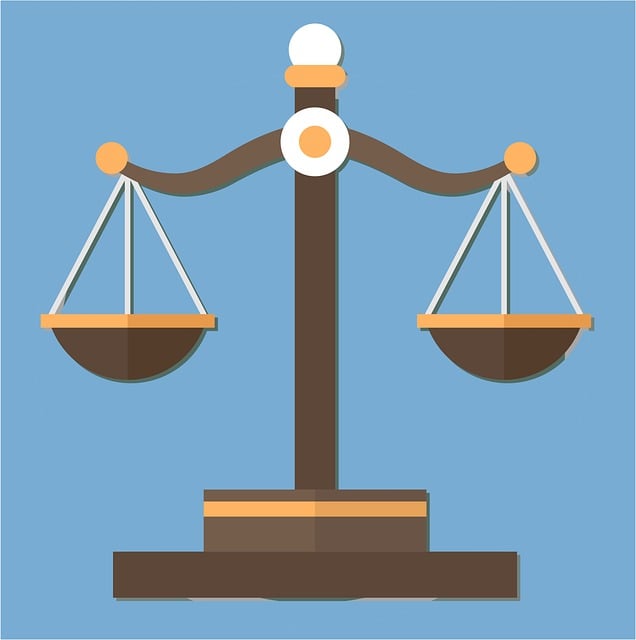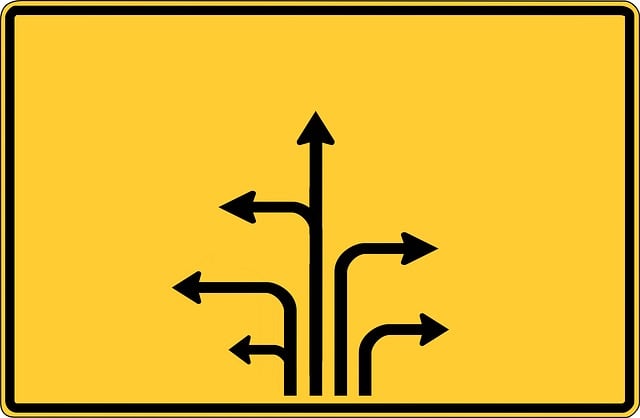In real estate, landlords are legally bound to maintain safe, habitable properties, addressing regular upkeep like appliance repairs and structural integrity checks. Lease agreements outline these responsibilities, crucial for both parties. Proactive communication, swift responses to tenant requests, and proactive scheduling prevent health hazards, satisfy tenants, avoid legal consequences, and build trust through fair practices in real estate.
In the dynamic realm of real estate, understanding landlord maintenance responsibilities is paramount for a seamless tenant experience. This article delves into the legal obligations and rights that form the backbone of tenant-landlord relationships, emphasizing effective communication as the key to timely resolutions. By exploring these critical aspects, tenants and landlords can forge partnerships built on trust and mutual respect, ensuring properties remain in top condition.
Understanding Landlord Maintenance Responsibilities

In the real estate sector, understanding landlord maintenance responsibilities is paramount for successful property management. Landlords are legally obligated to maintain rental properties in a safe and habitable condition. This includes regular upkeep such as repairing or replacing faulty appliances, fixing leaks, maintaining structural integrity, and ensuring proper sanitation. Failure to fulfill these duties can lead to legal repercussions and dissatisfied tenants.
Knowing the specific maintenance responsibilities outlined in lease agreements is crucial for landlords. These agreements often detail what repairs and maintenance tasks are the landlord’s responsibility, versus those of the tenant. Staying on top of scheduled maintenance and prompt responses to tenant requests are key practices to ensure properties remain well-maintained and avoid potential health and safety hazards.
Legal Obligations and Tenant Rights in Real Estate

In the realm of real estate, both landlords and tenants have legal obligations that are critical for maintaining a harmonious relationship. Landlords are responsible for ensuring the property is safe and habitable, fulfilling tenant rights by providing proper maintenance and repairs promptly. This includes addressing structural issues, plumbing problems, heating/cooling systems, and electrical safety. Tenants, on their part, have the right to live in a safe environment and must notify landlords about any necessary maintenance or repairs. They are also obligated to use the property responsibly and avoid causing damage that could necessitate landlord maintenance.
Understanding these legal obligations is crucial for both parties. Tenants should be aware of their rights to prompt attention and adequate living conditions, while landlords must fulfill their duties to maintain the property according to legal standards. This balance ensures a fair real estate experience, fostering a sense of trust and respect between tenants and landlords.
Effective Communication for Timely Resolutions

In the real estate sector, effective communication is a cornerstone for maintaining positive relationships between landlords and tenants. When it comes to landlord maintenance responsibilities, clear and timely communication can prevent escalating issues and ensure swift resolutions. Landlords should establish open lines of dialogue with their tenants, providing regular updates on repair schedules and progress. This proactive approach allows tenants to anticipate potential disruptions and makes them feel valued and respected.
By implementing efficient communication strategies, landlords can foster a cooperative environment. This includes promptly addressing tenant concerns, being responsive to maintenance requests, and offering transparent information about any necessary repairs or upgrades. Such practices contribute to building trust and ensuring that everyone involved is on the same page, leading to happier tenants and well-maintained properties.






